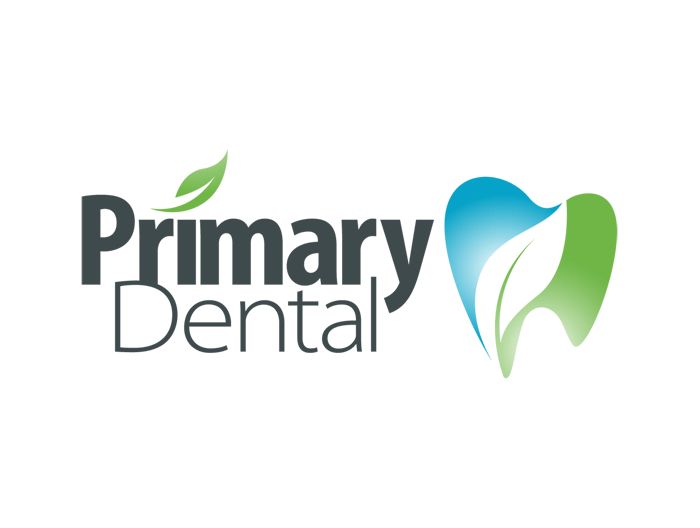- Toothache due to decay, especially when the tooth nerve or even the bone is affected
- A broken tooth or split tooth
- A whole tooth knocked out
- A loose crown or tooth cap
How to handle a dental emergency
Toothache
We understand that toothache can be very painful and distressing. To reduce pain until you can see us, you can try:
- gently rinsing your mouth with lukewarm, salty water.
- flossing between the teeth that are hurting to make sure nothing is stuck and causing pain.
- using pain relief medication such as aspirin or paracetamol.
If you experience severe pain, call us urgently.
Broken or split tooth
In cases of a broken or split tooth, follow these steps:
- Always try to find the missing part of the tooth. Keep any broken pieces as our dentist may need them to mend the tooth.
- It may also be necessary to ensure that the person did not breathe the broken part into their lungs.
- Call us immediately.
- Place an ice cube folded in a cloth on the affected area to alleviate pain and reduce swelling and bleeding.
Whole tooth knocked out
If you have a missing tooth due to trauma, always try to find it. When you do, hold it from the crown and do not touch the root. If it is contaminated with soil, rinse it gently with milk and try to put it back in its original place. Contact us urgently.
If you are unable to do this, keep the tooth in milk and contact us as soon as possible. The tooth needs to be replaced in less than half an hour to give you the best chance of retaining it.
If you see teeth have moved from their place but are still attached to the gum, again contact us quickly. We may be able to move them back into place.
Loose crown or tooth cap
If your crown or tooth cap becomes loose or falls out, you should:
- wrap the loose crown in a tissue or similar protective covering to keep it safe.
- make an emergency dentist appointment, even if you are not in pain.
If you experience any kind of dental emergency, it is important not to panic. Act calmly and quickly, call us for help, and come in for a check-up even if you are not in pain. When you have experienced a dental emergency, it is important to ensure your teeth are checked by your dentist even if your pain subsides and the bleeding stops.
Emergency appointments
Emergency appointments are available and we are dedicated to seeing you as soon as possible.





